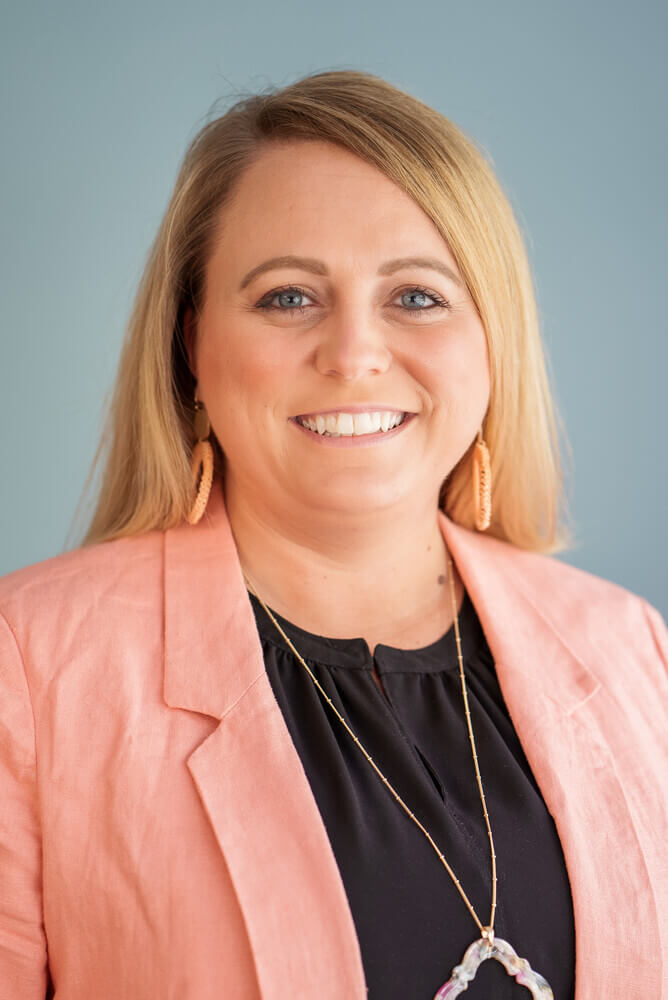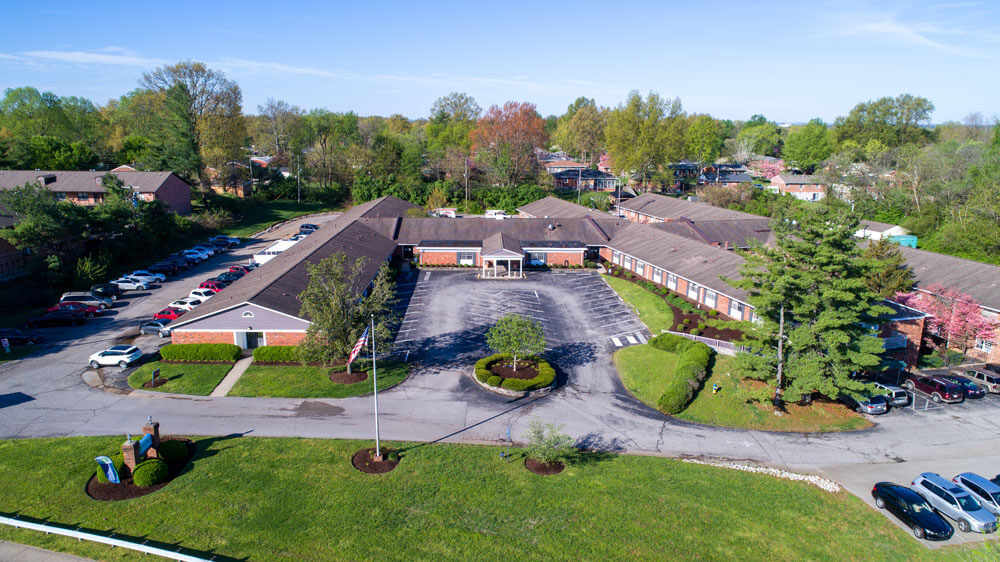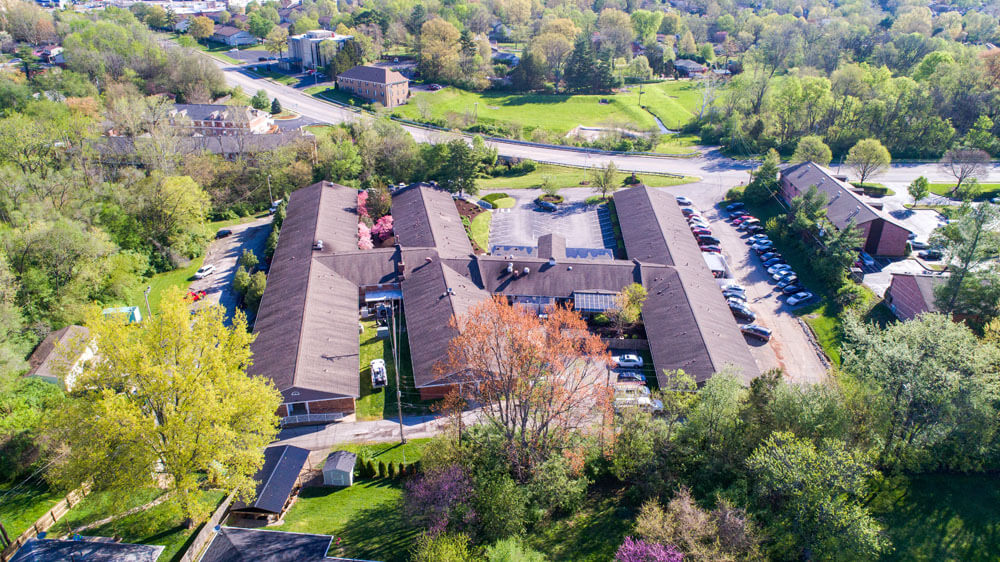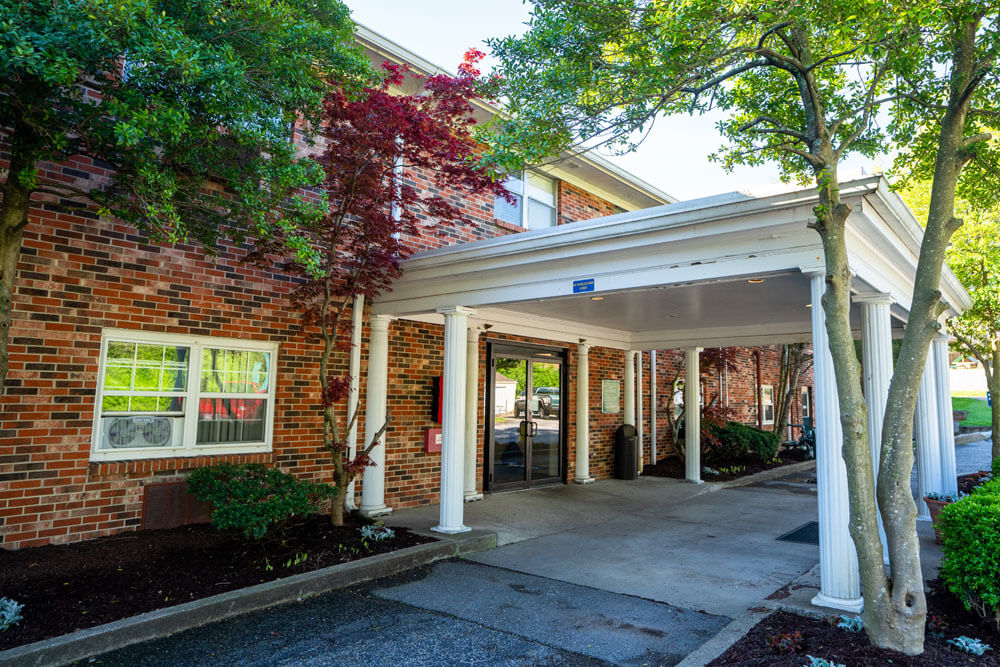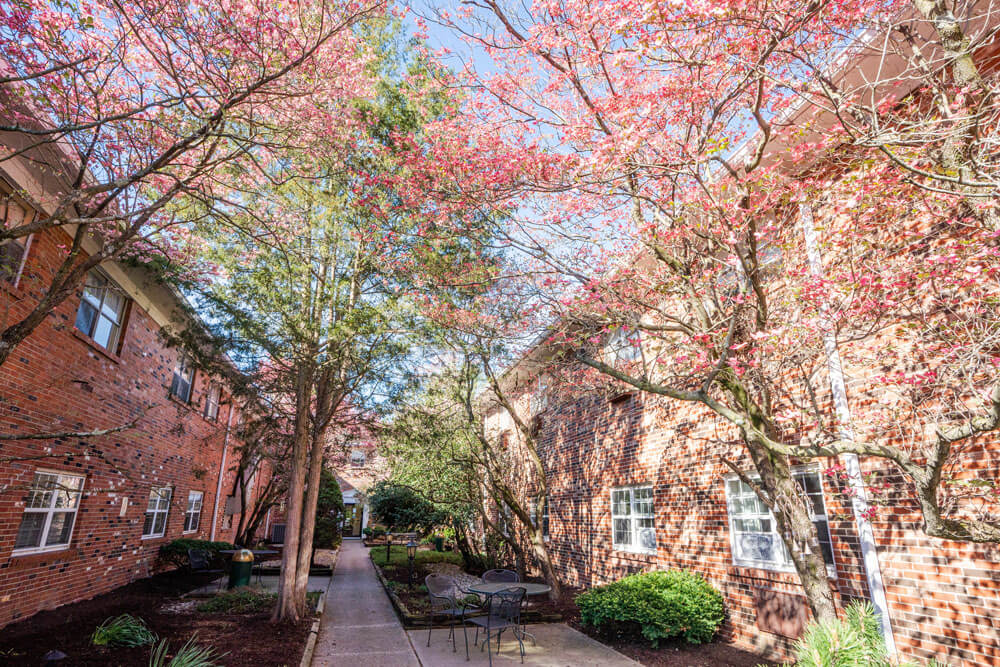FAQ
What is skilled nursing?
Some people may think that skilled nursing and assisted living are the same thing, but they are actually quite different.
Assisted living can be described as a type of facility for seniors that don’t need nursing care around the clock, but instead need help with activities of daily living such as getting out of bed, getting dressed, bathing and grooming. Most assisted living communities also provide meals, transportation and offer medication assistance.
A skilled nursing facility is one that provides medical care that can only be administered by a licensed or certified medical professional. This type of care is regulated by the U.S. Department of Health and Centers for Medicare & Medicaid Services (CMS). Skilled nursing facilities have to meet a certain criteria and standard in order to be certified by CMS.
Skilled nursing facilities can offer a variety of services including wound care, complex disease management, IV therapy, physical therapy, occupational therapy, and speech therapy.
Sometimes skilled nursing residents are short-term, moving in to receive skilled care after a hospital stay or surgery with the intention of returning home. Skilled care facility residents can also be long-term residents, receiving daily skilled care interventions for complex medical conditions.
Does Medicare pay for a skilled nursing facility?
Medicare Part A will cover up to 100 days of skilled nursing care if certain criteria are met. To learn more about what qualifies you for this type of service, contact your healthcare provider.
Do skilled nursing facilities have ventilators?
At Exceptional Living Centers we take pride in providing quality short-term and long-term care for our residents. This involves taking a comprehensive approach to the needs of our patients, including ventilator care.
Our Ventilator Care Program allows area residents to receive care close to home. Our ventilator unis for high intensity pulmonary residents demonstrates our commitment to care for individuals with complex needs on both a short-term and long-term care basis. Our ventilator units include state-of-the-art equipment for individuals with respiratory failure resulting from injury, neurological disorders or pulmonary disease.
There are two main types of ventilator care, weaning and long-term.
Weaning From Ventilator Care
Our main focus is on reducing dependence on a ventilator for breathing when possible so that the individual may return home. Our state-of-the-art ventilators are small, lightweight and easily transportable so that those who are able to can participate in daily activities for socialization and therapy.
Long-Term Ventilator Care
The team designs personalized care plans for individuals with ongoing ventilator dependency as part of their everyday life.
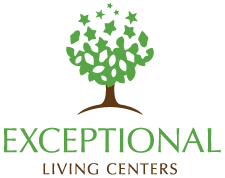
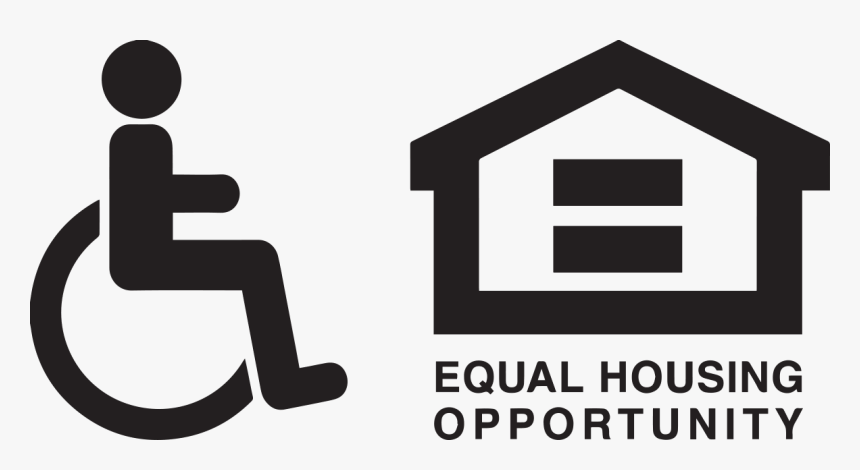

Copyright © Exceptional Living Centers 2024 | Crafted by Harris & Ward | Accessibility

